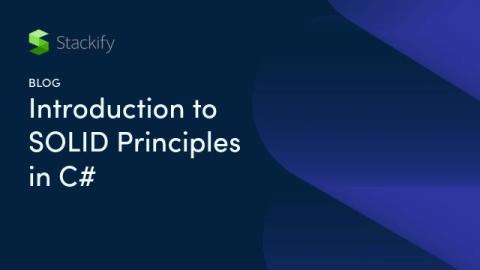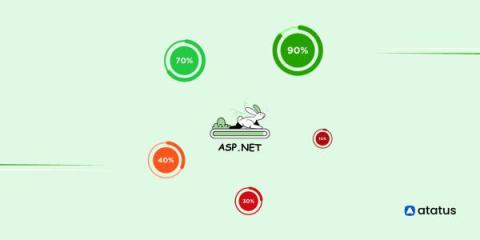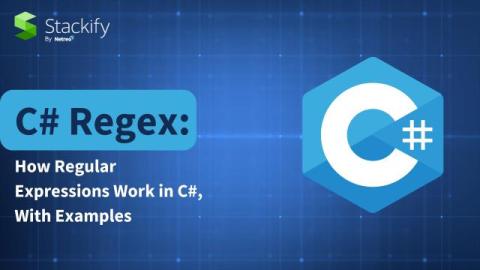Systems | Development | Analytics | API | Testing
.NET
C# foreach: Definition and Best Practices
C# Lists: What They Are and How to Use Them
Introduction to SOLID Principles in C#
C# Read File: A Beginner's Guide to Reading Text Files in C#
File manipulation is an incredibly common programming task with endless applications. It has two main sides: reading and writing. This post will focus on the “reading” bit, so if you’ve just googled “C# read file” and ended up here, search no more—we have the guide you need! We’ll start by covering some prerequisites you need to follow, then dive right into the guide.
C# Sleep: A Detailed Guide
Ah, the sweet allure of a well-rested application. No, I’m not talking about kicking back and letting your software take a nap. I’m diving deep into C# and its Sleep method. Have you ever wondered, “Is there a Sleep function in C#?” We’ve got answers. By the end of this post, you’ll know all about the ins, outs and potential pitfalls of using Sleep in C#. So, grab your favorite beverage, and let’s get into it!
Log4net for .NET Logging: The Only Tutorial and 14 Tips You Need to Know
If you’ve been writing code for any reasonable amount of time, then it’s virtually impossible that you haven’t handled logging in any way, since it’s one of the most essential parts of modern, “real life” app development. If you’re a.NET developer, then you’ve probably used some of the many famous logging frameworks available for use on this platform. Today’s post will cover one of these frameworks: log4net.
10 ASP.NET Performance Tuning and Optimization Tips
Web development is a vibrant field where innovation and technology converge to shape the digital landscape of tomorrow. In the field of creating websites and apps, ASP.NET stands as a versatile framework, offering robust tools and features to optimize website performance and enhance user experiences. Despite ASP.NET's versatility, its performance may occasionally lag suffer due to diverse strategies that can notably affect load times, user interaction, and overall site responsiveness.
C# Delegates: Definition, Types & Examples
The C# delegate is an essential “construct” in the C# programming language. Delegates are essential for event handling, LINQ queries, asynchronous programming and more. And you can, of course, make use of delegates to make your code simpler and more concise. This post offers you a guide to this incredibly useful tool in C#. By the end of the post, you’ll have learned: Let’s get started.
C# Regex: How Regular Expressions Work in C#, With Examples
Text manipulation is one of the most common tasks in programming with virtually all major programming languages usually supporting regex (regular expression) via their standard libraries. C# is no exception, so today we bring you a C# regex guide. You’ll learn what regexes are, why you’d want to use them and how to get started in a comprehensive, approachable manner. That way, you can start using regular expressions to solve real problems ASAP.











